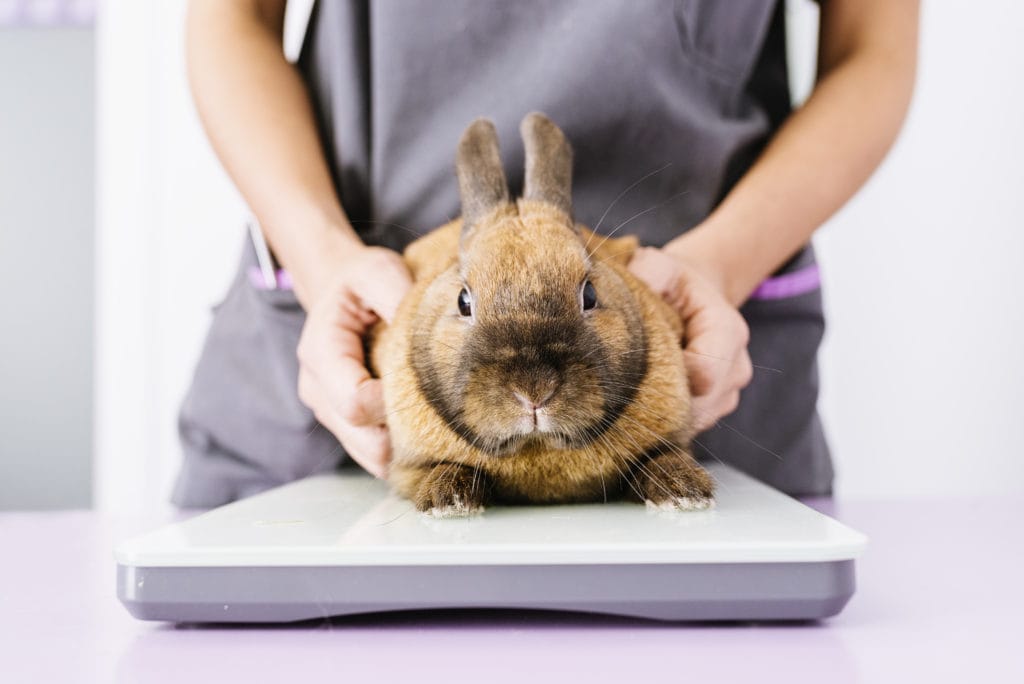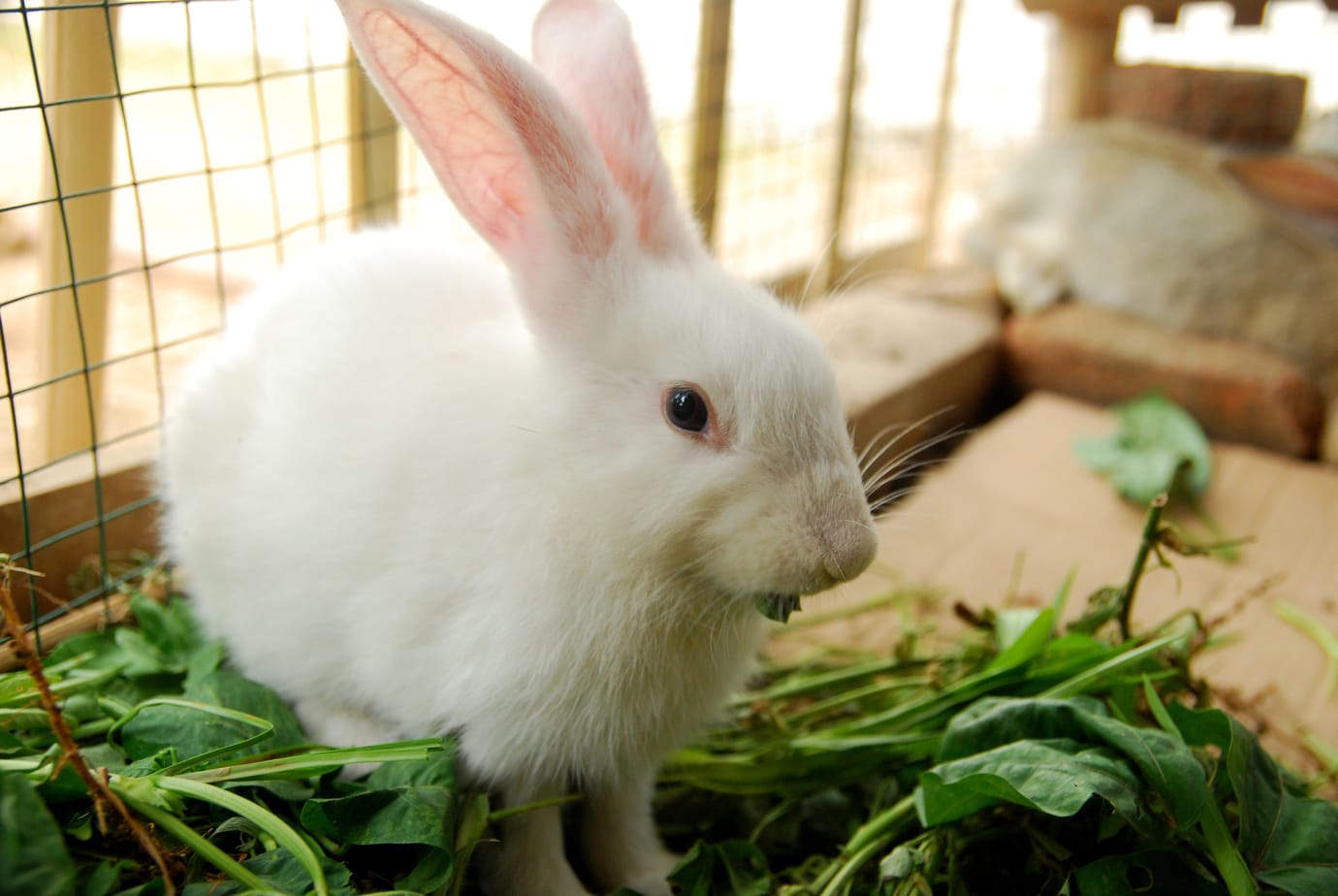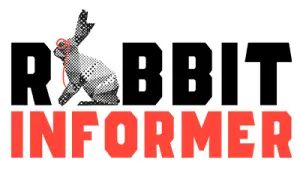
We all love our pets and would do anything to make sure that they are taken care of and their health is in top form. A common worry about rabbit owners is the care and health of their teeth, as they have been known to fall out or break, which can cause much stress on both the rabbit and the owner.
Rabbit teeth can grow back if they fall out. Rabbits have open-rooted teeth, meaning their teeth grow continuously throughout their lives, and can be replaced if they break or fall out.
Caring for your rabbit and their teeth may feel like a lot to worry about at times, but we have broken down a few of the key components of rabbit teeth care here to help you in your pet care:
Why Do Rabbit’s Teeth Break?
Breaking or falling out of a rabbit tooth can source from a variety of problems, and is not associated as a natural, or common event among perfectly healthy rabbits. An incorrect diet is the most common cause and is a less-known problem among rabbit-owners. Since rabbits’ teeth grow continuously, about 2 mm per week, they must also be continuously ground down or trimmed.
Typically, this grinding occurs from a diet of abrasive and coarse food, which keeps the teeth growth rate under control. This grinding can be achieved through buying a typical rabbit food designed to preserve healthy teeth or even something as simple as a small fruit tree branch. Of course, rabbits love and can benefit from eating a variety of fruits and vegetables such as apples, broccoli, and of course, carrots.
One of the most recommended foods for a rabbit to promote tooth health, however, is hay. Hay provides enough coarseness for the rabbit to keep a good tooth length, and rabbits typically love hay as well, so they will be both happy and healthy.
It is important to understand that rabbits’ teeth must be ground down because if left unchecked, they grow long and thus become more flimsy and susceptible to damage, such as cracking and breaking.
Another source of a rabbit breaking their teeth is just from overstraining the tooth, such as biting a metal cage. If this is the case, you may be required to trim the teeth of your rabbit that were not broken, to ensure that all teeth grow back at approximately the same length. Though a local veterinarian would easily be able to do this, it is often much cheaper to do it yourself. One method is to use the same nail clippers that you use for your dog’s nails. This is not the most recommended method, but it is an option and will not hurt the rabbit if done correctly.
The second option is the method that a veterinarian would likely use. This method uses some form of rotary Dremel or a small, handheld spinning sander to shave the excess tooth off. Though your rabbit may require to be held down or some form of anesthesia, often the rabbit will know that you are trying to help it and will not show too much resistance. The shaver is gently applied to the position on the tooth where it should end, and is lifted off after just a few seconds of pressure, to ensure the tooth is not damaged or any discomfort is caused. This process is repeated until the undesired portion of the tooth falls off and is discarded.
Below is a video of a veterinarian trimming the teeth of a rabbit, so you can know what to expect when you bring your rabbit to the vet:
How To Prevent Tooth Troubles
As previously discussed, tooth issues are typically associated with diet or biting of hard, non-food materials. But, a few things can also be done to prevent your rabbit from breaking their teeth in addition to a good diet. It is recommended that you check your rabbit’s teeth every week to ensure they are not excessively long or damaged. This will make sure that if something does happen to your rabbit’s teeth, action can be taken quickly before the situation worsens.
A few other signs that should tell you that something is amiss with your rabbit’s teeth would be if they are losing weight, they do not like hay, or even drooling. Any of these signs typically indicate that your rabbit is having trouble eating, which can be a result of tooth pain or discomfort.
Which Teeth Grow Continuously?
Though rabbits typically only allow you to see their front teeth, they do have back teeth as well! These molars are where the actual chewing happens, while the front teeth serve more as knives that slice off the food into their back molars. Given the difference in purpose between these teeth, it is important to understand that only the front incisors of a rabbit grow continuously and need to be trimmed. Though back teeth can also have problems, it is much less common and must be addressed with a veterinarian.

What If The Teeth Are Not Growing Back?
If a rabbit’s teeth are broken off and are not growing back, it is likely due to nerve damage or an issue with the gums of the rabbit. If this is the case, you should take your rabbit to the veterinarian as soon as possible to prevent worsening of the condition.
DID YOU KNOW? A rabbit’s teeth will continue to grow their entire life? To find out why they keep growing and how to prevent overgrown teeth, see my article all about why a rabbit’s teeth keep growing here.
What Is Malocclusion?
Malocclusion is the condition earlier described where the teeth of your rabbit are not growing evenly. This is more commonly found in adolescent rabbits, typically up until 6 months of age. This condition can occur after this age though, but only as a result of trauma, malnutrition, or an accident. If a rabbit shows signs of malocclusion before they reach 6 months of age, it is not recommended that they are used for breeding purposes. The formal definition of malocclusion is the
imperfect positioning or meeting of the teeth when the jaws are closed
Though the imperfection can also be observed when the jaw is open, it is typically seen when it is closed.
Related Articles
- 3 Best Pet Rabbit Breeds That Chew Less – Some rabbit breeds chew less than others! If you would love to get another pet rabbit but hate the chewing problems, see this article to find out which specific breeds are the least likely to have chewing problems.
